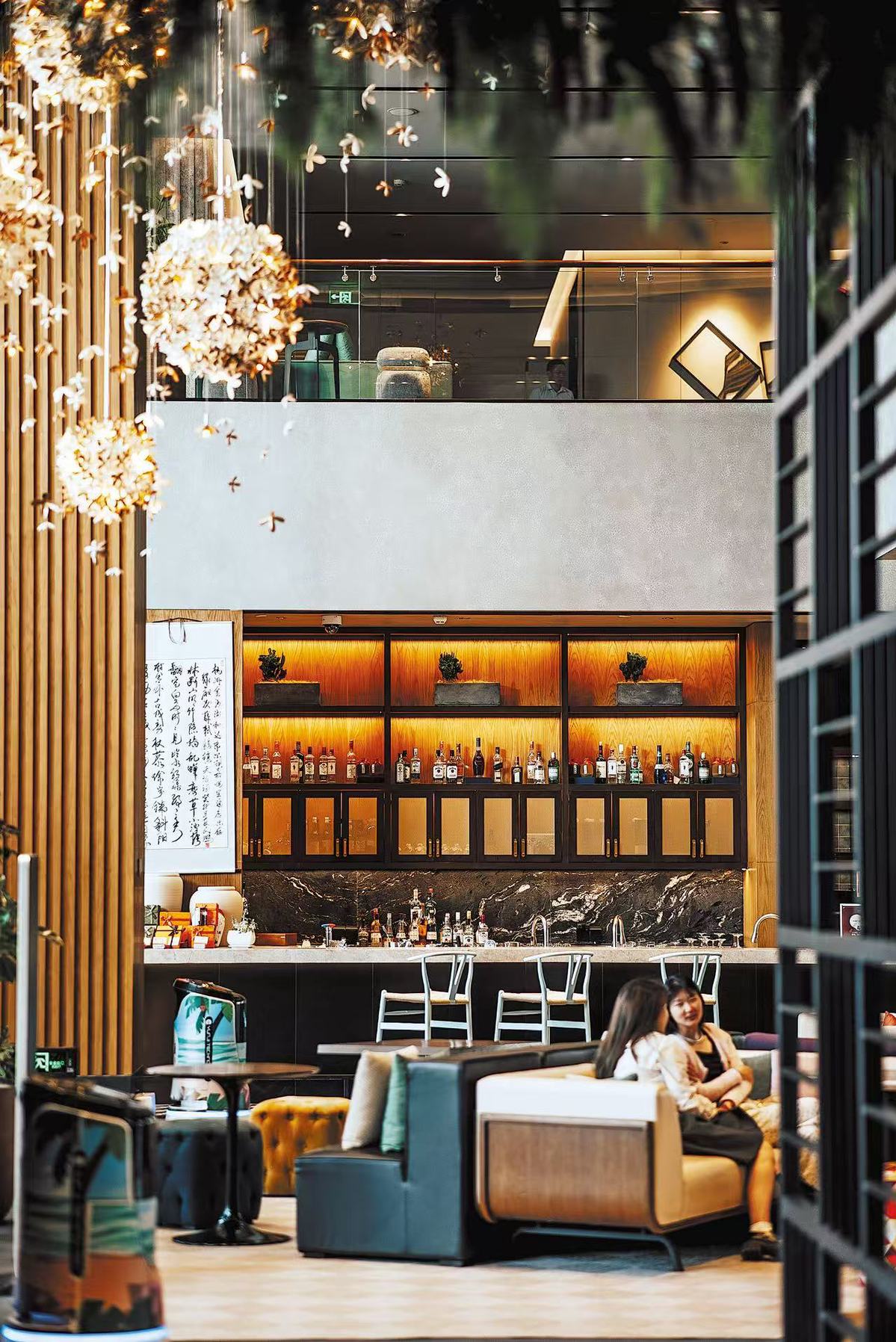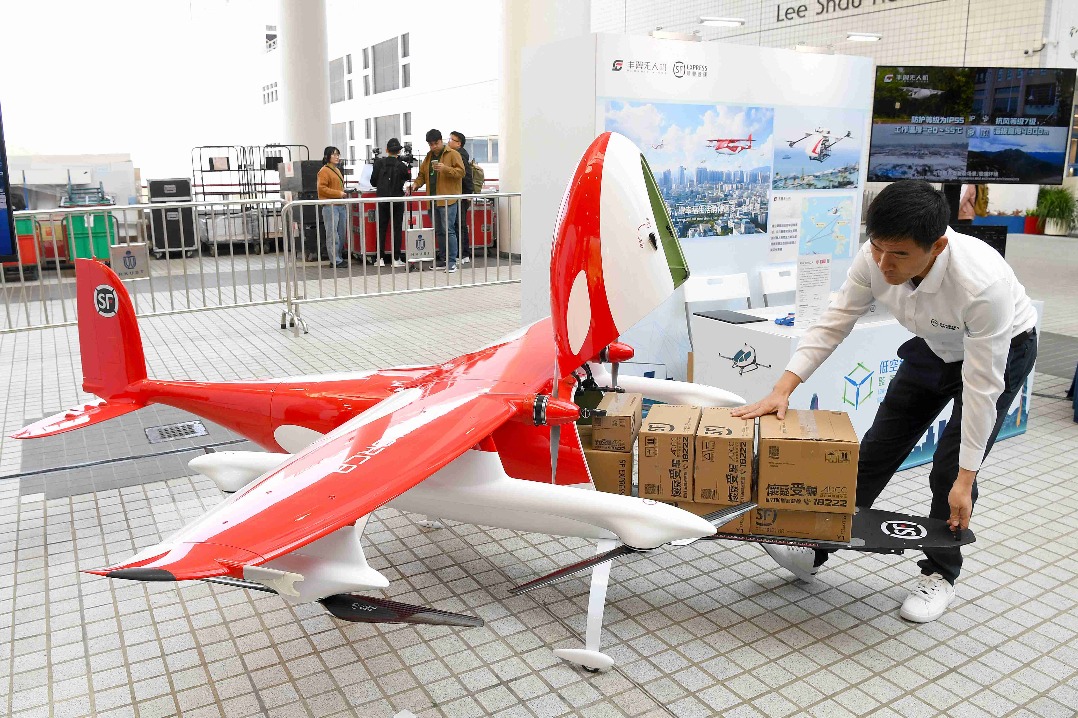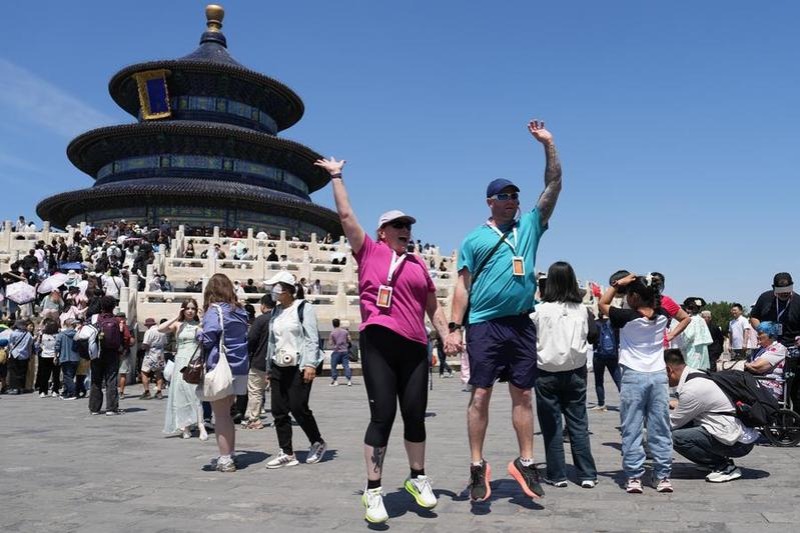Hilton leverages robust, hospitable operations across nation


Amid surging inbound tourism to China, global hospitality group Hilton is doubling down on the Chinese market through a broad portfolio strategy, aggressive expansion, and partnerships that localize and elevate the travel experience for consumers, said a top executive.
Ben George, senior vice-president and commercial director of Hilton Asia-Pacific, sees China as a cornerstone of Hilton's global strategy — one increasingly powered by digital innovation and cross-industry collaboration.
"China is and always will be one of the most important markets for Hilton," George said on Tuesday. "The majority of our hotels in the Asia-Pacific region are in China. Today, China is our second-largest market after the US."
During this year's May Day holiday period, the number of inbound and outbound foreign travelers reached 1.12 million person-trips, marking a year-on-year increase of 43.1 percent.
China's domestic tourism market is experiencing a new wave of growth. During the five-day holiday, domestic trips reached 314 million, marking a 6.4 percent increase year-on-year. Total spending by domestic tourists amounted to 180.27 billion yuan ($24.73 billion), up 8 percent from the previous year.
The hotelier's strategy in China is centered around offering the right brand for every travel need and destination. The company has built a wide-ranging hotel portfolio, spanning luxury, full-service, lifestyle and focused-service brands, to ensure a match for every type of traveler and occasion.
With over 840 hotels across 260 destinations in China, Hilton now boasts the largest footprint of any international hotel group in the country. Globally, it operates more than 8,600 hotels.
"So wherever a consumer wants to travel in China, we're confident we've got hotels where they want," he added. "Or if they want to travel outbound, we've got lots of hotels for them to stay in as well."
He also emphasized the opportunity to grow inbound travel to China.
"China outbound is very strong, but it would also be good to see more people traveling into China."

The company adds about 100 new hotels each year in the country, and its development pipeline continues to grow.
"With 1.4 billion people in China, there's still a lot of opportunity for growth," George said.
Hilton's development model focuses on choosing the right partners and enhancing innovations and localization.
On Tuesday, Hilton announced a new partnership with Didi Chuxing, China's leading on-demand transportation platform. The collaboration introduces tier-based mutual benefits for members of both Hilton Honors and Didi Mileage, merging hospitality and mobility into an integrated experience.
"By integrating hospitality and mobility, we're creating a seamless journey from departure to hotel," said George. "It's a step forward in elevating the overall stay experience for our members and guests."
Zhao Huanyan, an independent senior economist specializing in the tourism and hospitality sector, said Hilton's move reflects its commitment to connecting more deeply with local consumers and enhancing the guest arrival experience.
"Convenient transportation is a key factor in travelers' decision-making. It encourages repeat visits and ultimately helps drive revenue growth," Zhao said.
Hilton is leveraging strategic partnerships to localize its offerings and create added value for its 218 million Hilton Honors members.
"I'm much more focused on quality than quantity," George said. "When we do something, it has to be right. Our partnerships with Didi, Starbucks, and McLaren are designed to be valuable for customers."
To enhance services and optimize operations, Hilton is increasingly integrating digital tools and AI across its business. "We use AI to understand what customers need — for business forecasting, for guest services and for learning preferences," said George.
wangzhuoqiong@chinadaily.com.cn




































